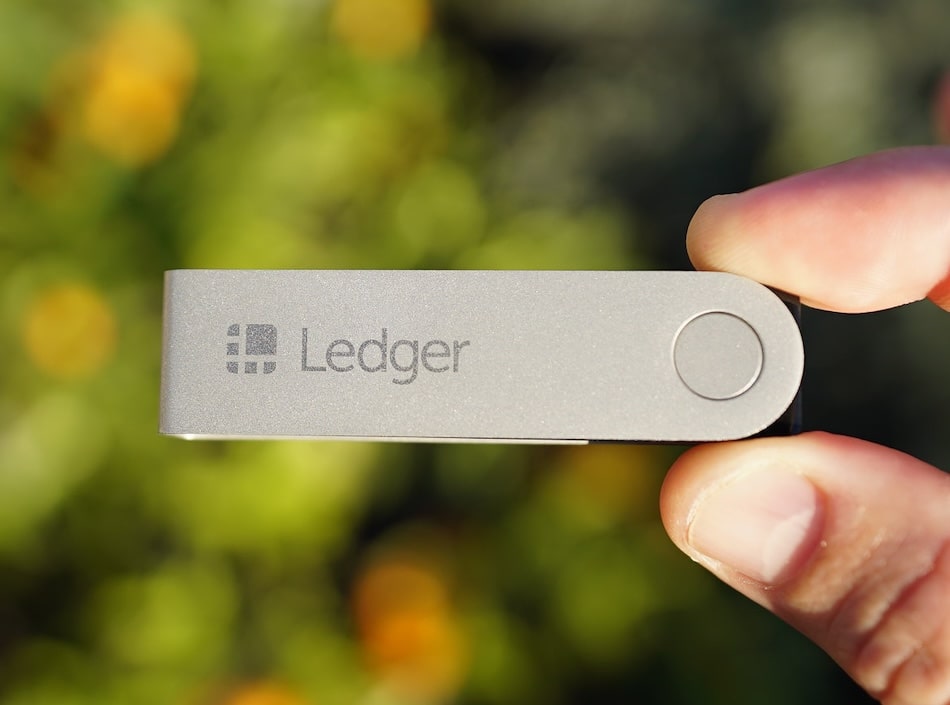
Ledger, the Paris-based hardware wallet provider, is considering a New York listing following rapid revenue growth driven by a sharp increase in bitcoin thefts and cyberattacks.
In 2025, Ledger’s revenues soared into the triple-digit millions as both individuals and companies sought to secure their bitcoin and digital assets from increasingly sophisticated hackers.
Surge in cyberattacks boosts hardware wallet demand
CEO Pascal Gauthier told the Financial Times that the company is experiencing its best year since its founding in 2014.
Gauthier highlighted the persistent threat landscape:
“We’re being hacked more and more every day … hacking of your bank accounts, of your crypto, and it’s not going to get better next year and the year after that.”
According to Chainalysis data cited by the FT, hackers stole $2.2 billion in digital assets in just the first half of 2025, already surpassing the total for all of 2024.
Notably, 23% of these attacks targeted individual wallets, fueling demand for cold storage solutions like Ledger’s devices.
Ledger secures $100 billion in bitcoin assets
The company now secures approximately $100 billion in bitcoin for customers worldwide.
Gauthier noted that Ledger may benefit from seasonal sales spikes, such as during Black Friday and Christmas.
The firm, last valued at $1.5 billion in 2023, is also preparing for a new funding round or a US listing in the coming year.
Multisig app launch sparks user criticism
Last month, Ledger introduced a new multisignature (multisig) wallet app.
While some users praised the technical improvements, a new fee structure—including a $10 flat fee per transaction and a 0.05% variable fee—drew backlash.
Some developers argue these changes move Ledger away from its original Cypherpunk ethos, with concerns that the app could become a centralized “choke point” for extracting revenue from users.
Ledger and the broader hardware wallet market
Despite competition from providers like Trezor and Tangem, Ledger remains the leading name in the hardware wallet market.
With the growing sophistication and frequency of cyberattacks, the demand for secure, reliable storage solutions for bitcoin continues to rise.



